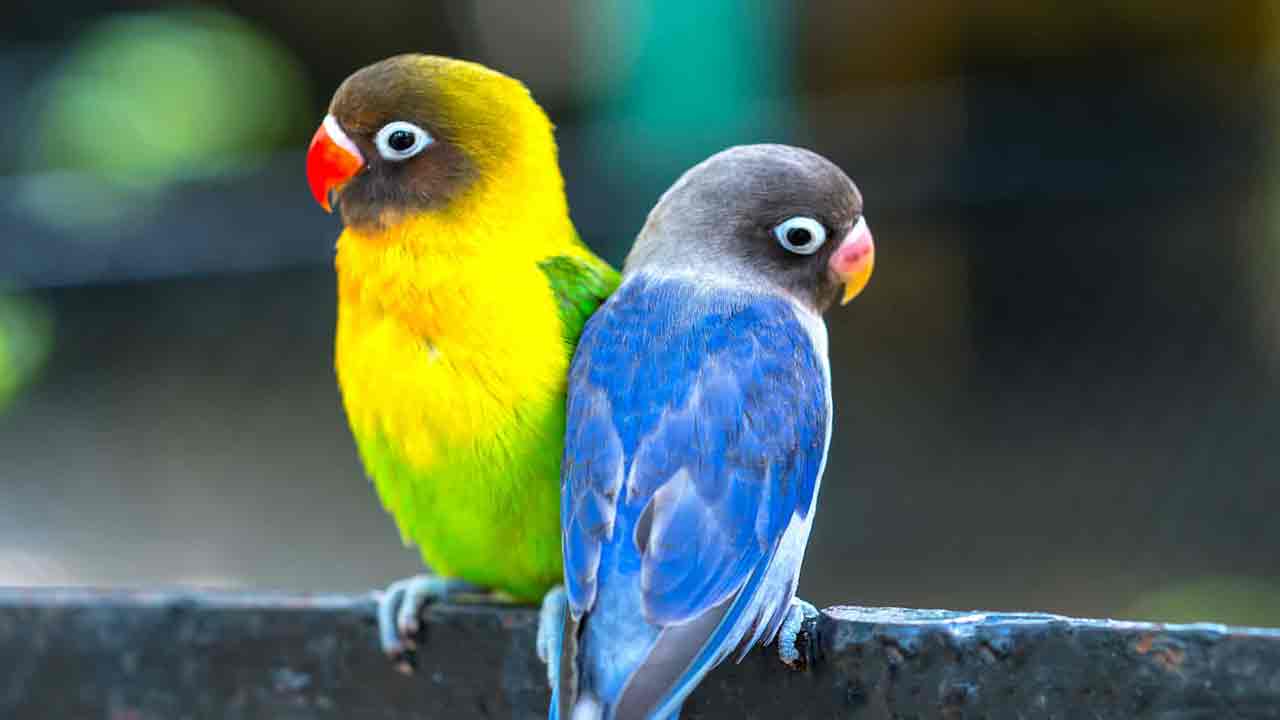Agriculture & Climate Change, UK (Commonwealth Union) – Bird conservation is essential for maintaining the ecological balance and overall health of our planet. In addition to their splendor birds also play an important role in various ecosystems, including pollination, seed dispersal, and pest control.
Birds along with other many other species play a key role in the preservation of the environment with regards to biodiversity, birds are a vital part as they play a significant role in maintaining the balance of the food chain and provide important ecosystem services.
Ecotourism will also take a blow if bird species disappear as bird watching is an emerging form of ecotourism, generating much revenue every year and supporting local economies.
Birds also play an essential role in climate change as indicators of the health of our planet, bird populations can also serve as a warning sign of larger environmental problems such as climate change and habitat destruction.
In one of the largest studies of its kind, it has been revealed that hatching failure rates in birds are almost twice as high as experts estimated on prior occasions.The new report puts the spotlight on ways conservationists can back the recovery of threatened bird species, by indicating how various conservation practices maybe impacting hatching rates.
Researchers from the University of Sheffield, Institute of Zoology, and the University College London investigated 241 bird species across 231 prior studies in exploring the failure to hatch. They discovered that almost 17% of bird eggs fail to hatch, which is nearly double the figure shown 40 years ago of just above 9%.
The result point out that over 1 in 6 bird eggs fail to hatch, and the numbers are even more striking in endangered species, where roughly half (43%) of eggs from threatened species that were bred in captivity were ineffective in hatching, presenting a key obstacle to their recovery as a species.
Dr Nicola Hemmings, Co-Author from the University of Sheffield, School of Biosciences, says “Around 13 per cent of bird species globally are currently threatened with extinction, and things are getting worse instead of better. Species on the verge of extinction have much higher levels of hatching failure compared to non-threatened species, and breeding birds in captivity appears to be having a negative impact.”
“There are important considerations that we need to make – does the benefit of captivity and other interventions outweigh the reduced reproduction of these species? For many species, these practices are absolutely vital for species survival,, so we need to carefully weigh up the pros and cons of different approaches to ensure that we are doing everything that we can to protect birds from extinction.”
But the researchers indicate that, in spite of the possible negative effects these have on hatching, they may still be significant to birds’ reproduction and survival, giving an example, where eggs of some ground-nesting birds face increased risk of predation, as remaining in wild nests can lead to the eggs being destroyed entirely.
In this regard researchers indicated that there are pros and cons of each conservation technique, and they hope that these findings will serve as a structure for conservationists to evaluate the most suitable strategy for each species of bird, guaranteeing that they have the best opportunity to hatch while remaining safe.
Conservation efforts to protect and restore bird populations can have a positive impact on the health of the world as a whole. As efforts include protecting and restoring natural habitats, monitoring bird populations, reducing human disturbance, and reducing the use of pesticides and other chemicals that can harm bird populations. Conservations have long called for greater awareness on the significance of preserving birds along with other species.








